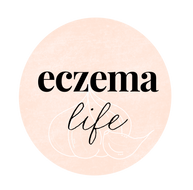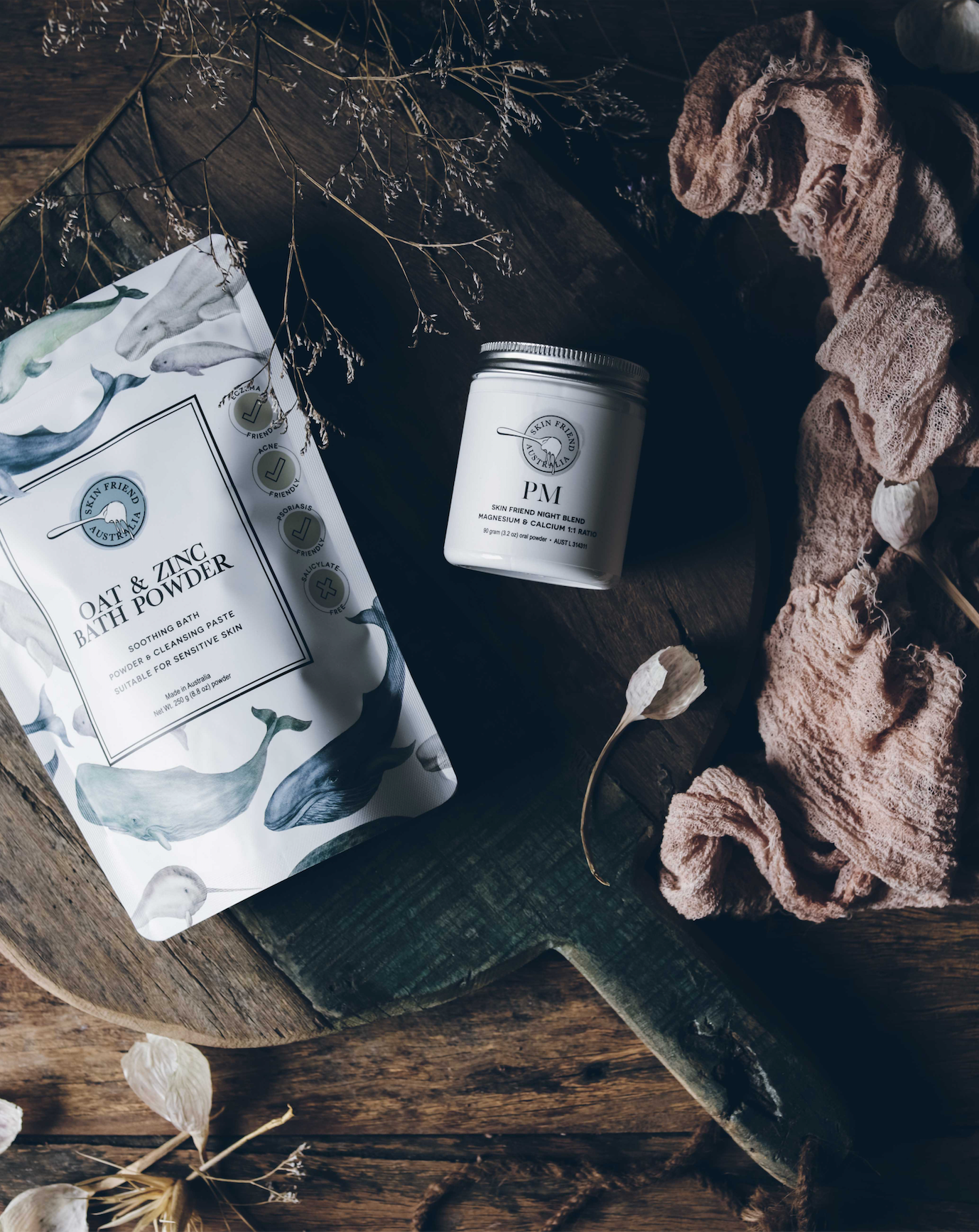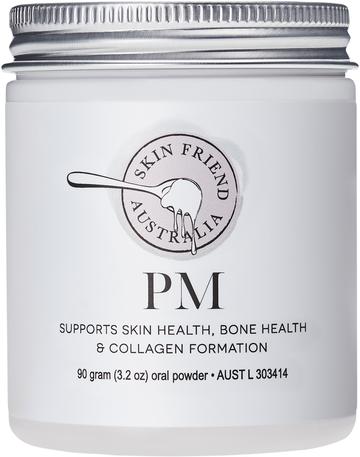Getting a Good Night's Sleep with Eczema: Tips from a Former Eczema Sufferer
Whether it’s the constant ‘ferocious’ itch, your oozy skin sticking to the sheets, constantly waking up or scratching off your night time skin routine, having a good night’s sleep with eczema is a challenging ordeal.
We know sleep is essential for good health, both mental and physical well-being and without enough of it, not only can your physical and mental well-being suffer, but your eczema does not have the opportunity to heal. The vicious cycle continues.
I suffered from sleep deprivation for years with my chronic eczema. As a child on the weekends I would often sleep-in well into mid-morning (even beating my teenage brother) as my body desperately attempted to make up for the lack of sleep I was getting during the week. My growth (height/weight) rate was on the lower end of the graph. Many sleepless nights meant I had extra time to plan various hypothetical Hawaiian holidays and house renovations, but to be honest I would have much preferred 8 hours of deep, healing sleep.
These following tips supported my sleep with eczema, and I hope they can help you too if your night time itch is compromising your slumber.
Wearing gloves
Although you go to sleep feeling like a mime artist, wearing cotton gloves to bed made it much more difficult to scratch during the night as you often do it without even realising.
Short fingernails
Always ensure your fingernails are cut short and are clean to ensure our ‘scratching’ is never powerful enough to tear the skin. Staphylococcal germs thrive with broken (eczema) skin, so it is important to minimise any chance of skin infections by cutting your fingernails short.
Moist bandaging
If my skin was particularly irritated before bed, I would moisturise my skin, cover this with moist cloths and then cover with cotton bandages. This was very soothing and would relax my mind, making getting to sleep much easier.
Taking Skin Friend PM
Every night before bed I take Skin Friend PM which contains magnesium, calcium, glycine and silica.
Magnesium is an essential mineral that has many roles, one of them being promoting better sleep (which is why we like to call it the 'night time blend'). We require magnesium in large quantities as the body does not produce it, therefore it must come from the foods we eat. Unfortunately for eczema suffers many magnesium foods can be rich in itch promoting salicylates and amines, therefore when following an eczema friendly diet such as the Eczema Detox and the FID program, it is important to supplement magnesium and calcium for optimal health.
Calcium and glycine also promote a better night's sleep, when taken in the right ratios.
I noticed significant improvements in my sleep quality when taking Skin Friend PM. You can find out more about Skin Friend PM here.
Picking the right sheets and sleepwear
In Karen's article about appropriate fabrics for eczema suffers (found here), Karen describes that when it comes to bed linen, 100% cotton sheets and covers are fantastic IF they are super soft. Vintage cotton, even if 100% cotton, is just too rough for eczema, so avoid this (you can spot it as it looks a bit trendy like linen) and avoid cotton-linen and definitely avoid cotton/polyester blends as they will most likely cause irritation leading to the dreaded itch. Choosing the right sheets when you have eczema can help prevent itching and skin irritation which will ultimately promote a better sleep!
This also applies when choosing appropriate sleepwear. When choosing your pyjamas, I opt for 100% cotton, airy, loose, and breathable fabrics that absorb moisture. Soft bamboo fabric works well too. We know the $10 Kmart puppy pjs are adorable, BUT they're probably made from polyester and are therefore likely to cause an itch. Also consider what you wash your sheets and sleep wear with – I use OMO Sensitive. Karen uses Aware Sensitive.
Good night time routine
Practising a good bed time routine can help promote better sleep and ultimately less itch during the night. Taking 15-30 minutes to wind down before bed by engaging in relaxation techniques to calm your mind is one of the most beneficial sleep habits you can adopt.
Personally, I love a lukewarm bath with a splash of apple cider vinegar and Skin Friend Oat and Zinc Bath Powder, which is soothing for eczema, psoriasis, dermatitis and acne. During this time try and stay away from electronic devices as the light that comes from these devices is enough to prevent the release of melatonin, making it difficult to fall asleep.In addition, sticking to a regular bed time can help train your body to go sleep easier.
Finally, ensure you are going to bed having enjoyed a healthy eczema friendly meal 2-3 hours prior to sleep. Eating a meal rich in itch promoting ingredients will leave you even more regretful of eating that piece of chocolate cake. Karens book The Eczema Detox is filled with eczema friendly recipes so you'll never feel like you're missing out, even without the chocolate cake!
These tips are all aimed at reducing feelings of stress and anxiety within the body, which can further impact sleep. As an added bonus, by reducing stress, you can also improve your eczema and reduce flare-ups.
I hope these tips can help my fellow eczema warriors get a good nights rest.
Sweet Dreams!
Bonnie x
Article by nutritionist Bonnie, who now works with Karen Fischer at Skin Friend and Eczema Life. Karen Fischer's eczema books and additive-free supplements for skin health and wellbeing can be found here.
Photo by Karen Fischer for eczemalife.com.
Shop the Story




